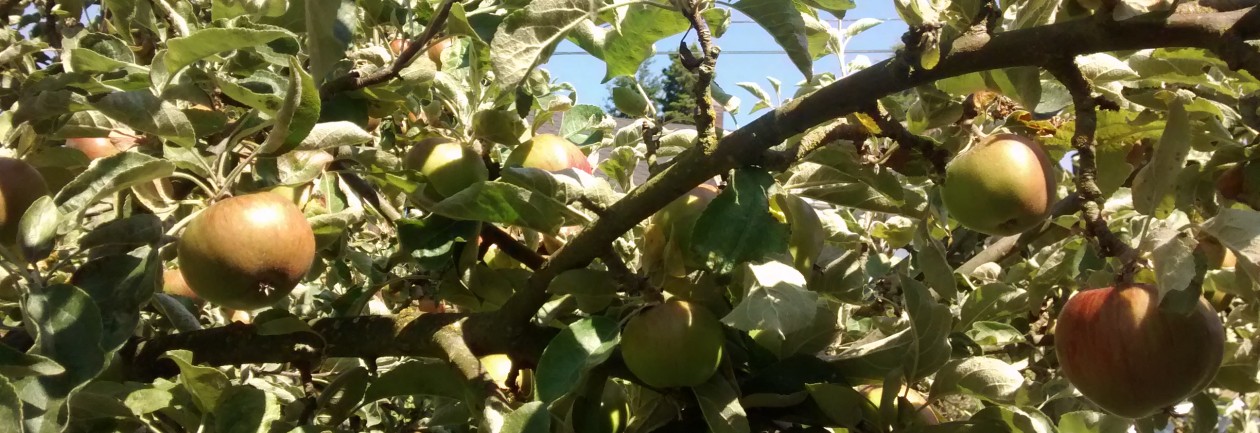As Sukkot 5778 draws to a close I want to take a few minutes to reflect on the varied meanings of the holiday for me this year. As in previous years, I have experienced Sukkot as a time of joy and connection. The very fact that we do something so different – eating our evening meals outdoors in the sukkah – is a source of excitement and real joy for the children, and for the parents as well. In the evenings, the sukkah is twinkle lights amid hanging, scented, branches, with the radiance of the setting sun traced on the burlap scrim that we have for walls. It’s no wonder the kids wanted us to leave it up and keep the holiday going a little longer.
I’ve had the added joy of being home and sharing meals and gatherings in the sukkah with friends during the day. On sunny mornings, I when I am alone out there, I am not really alone. I am surrounded by the chittering of chickadees and visited by curious squirrels. Stellars jays occasionally barnstorm through the roof. When I can bring my friends together for simple companionship, that itself is a joy to me which feels also very holy. I am truly honored by every person who has come to sit in our sukkah. I hope that over the years, it will be remembered as the birthplace of many new friendships and meaningful connections.
As part of an intentional process of bringing that about, for the second year in a row I have hosted an event which I grandiosely will call “The Second Annual Faith Based Environmental Leadership Summit in the Sukkah.” This event consists of me inviting the people I know who are taking an active leadership role in protecting and caring for our environment, particularly those representing the faith community, to come sit in the sukkah together. There is no agenda. It’s just a time to get together in person, eat bagels, meet one another, and learn about what everyone is up to. While there is no agenda going in, I often feel like I leave with an agenda, inspired by the projects and enthusiasm of those around me. During our meeting this year, a canvasser for a Seattle mayoral candidate stopped by and we invited him to join us for a while. It turned out he didn’t know much about the environmental agenda of the candidate he was supporting, but some of my guests did, and he left with some great new talking points!
Finally, this year our “Zeman Simchatenu,” our time of rejoicing, was darkened by the very sad cloud of the death of a young father within our community. Interestingly, in Jewish law, Sukkot is such a time of joy that it is literally not permitted to mourn during the holiday. The traditional week-long period of mourning, called shiva, must be postponed until after Sukkot ends. My heart aches for this family, which I have known for almost 13 years – we met as regulars at Tot Shabbat with our tiny baby boys who are now nearing Bar Mitzvah age. It is at times like this that I am most glad to be part of a loving and supportive community that I know will be there for them over the years as we have been there for other families and individuals who have suffered loss. For all of us, these sudden profound changes that time brings only renew the message of Sukkot: that we are always vulnerable, always fragile, and that our only security, our only true source of a joy that transcends the uncertainties of life, is our need for one another, and our commitment to one another.
Perhaps there is a message that we should take away from the prohibition to mourn during Sukkot, and a prayer for ourselves. May it be that during Sukkot, we all feel so interconnected, while yet so open to the experience of vulnerability, so, in a sense, raw, protected only by our community, that even the sadness of loss and mourning is met with such a depth of warmth that for this special week the chill does not reach us. And may the connections that we have strengthened in this way during Sukkot continue to sustain and support us all throughout the year.
